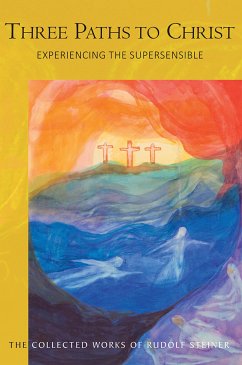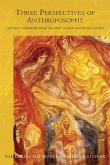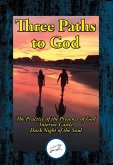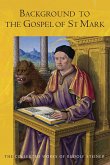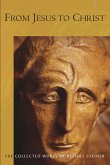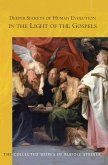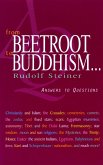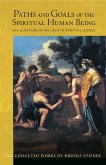Replete with fresh immediacy, rich spiritual content, innovation and occasional humour, these talks were given at a time when Rudolf Steiner was preparing for independence from the Theosophical Society. Alongside the much-loved lectures 'Nervousness and Ego Development' - in which Steiner shares practical exercises for coping with contemporary life's challenges - and 'Love and Its Significance in the World', the collection finds a focal point in descriptions of the 'Three Soul Paths to Christ'. The first of these is via the Gospels, the second through 'Inner Experience' and the third 'Initiation', which Steiner characterizes as a path transcending religion. He further elaborates these themes in a lecture entitled, 'Mysteries of the Kingdoms of Heaven in Parables and in Real Form'. Elijah, John the Baptist, Raphael and Novalis form a golden thread throughout, appearing as a fourfold herald of a true Christianity of the future. A moving yet astringent tribute to the founder of Theosophy, H.P. Blavatsky, on the tenth anniversary of her death, adds the Christian verities not embraced by Blavatsky during her lifetime, and two stirring talks that set the mood for Christmastide - via St Matthew, Eudocia and St Luke - round off the volume with paeans to Novalis. The lectures are complemented with an introduction by Margaret Jonas, detailed notes and an index. Fourteen lectures, various cities, Jan.-Dec. 1912, GA 143
Dieser Download kann aus rechtlichen Gründen nur mit Rechnungsadresse in A, B, BG, CY, CZ, D, DK, EW, E, FIN, F, GR, H, IRL, I, LT, L, LR, M, NL, PL, P, R, S, SLO, SK ausgeliefert werden.

